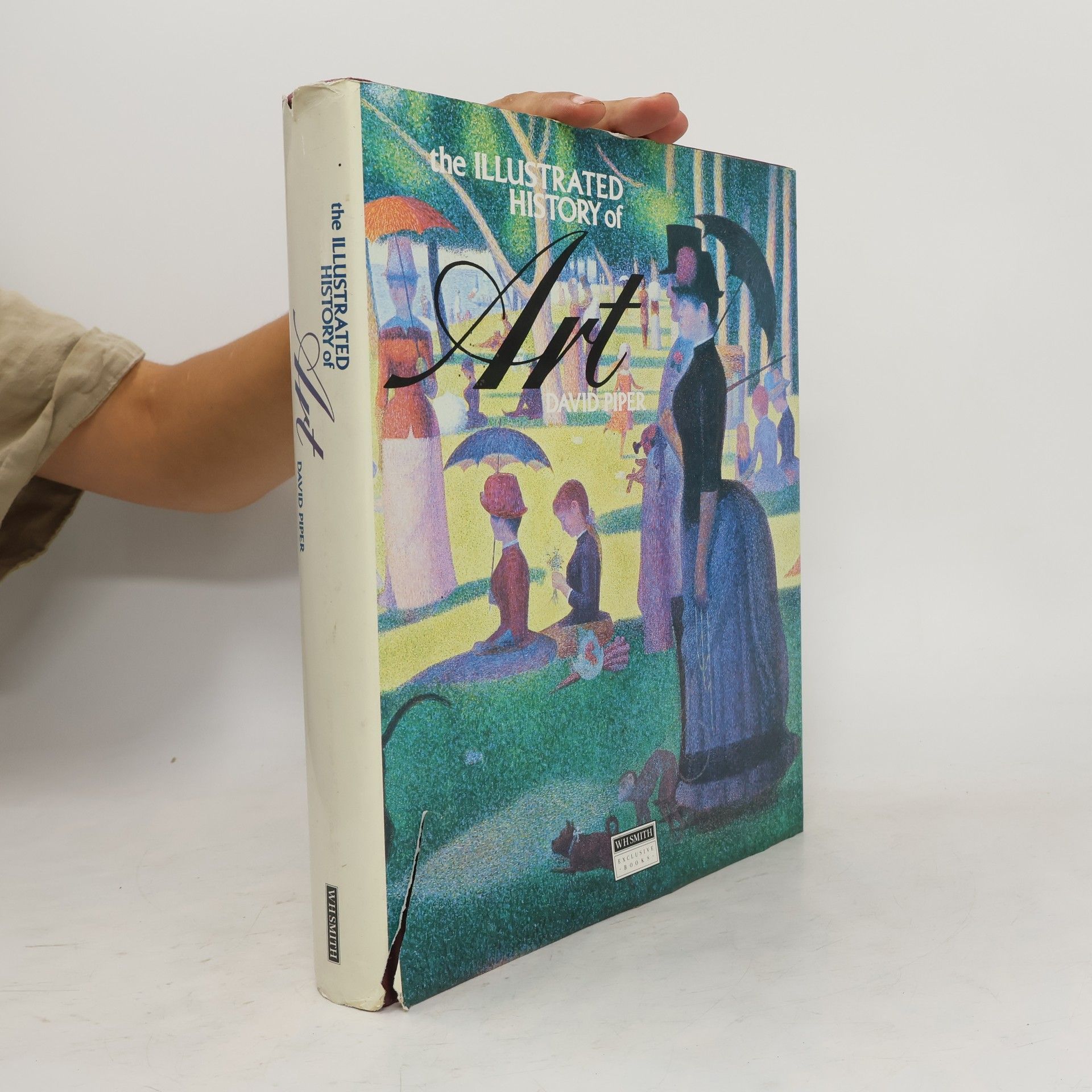David Piper Boeken






Kings & Queens of England and Scotland
- 120bladzijden
- 5 uur lezen
Full color portraits through history with brief biographies.
Significant artistic developments from the Palaeolithic cave paintings to Superrealism are depicted.
Escaping Our Fallen Nature
- 250bladzijden
- 9 uur lezen
The story uses the metaphor of a fallen tree to illustrate how unexpected events can expose deep-rooted issues in our lives. As the community grapples with the tree's collapse, individuals confront the deterioration of their own foundations, often linked to inner corruption. This realization prompts a search for external solutions, highlighting themes of self-reflection and the quest for redemption amidst personal turmoil.
The Companion Guide to London (new edn)
- 480bladzijden
- 17 uur lezen
It is surely remarkable to write of a guidebook that it is difficult to put down. But it is certainly true of this one. ECONOMIST Calls our attention to everything beautiful, historic or curious left in the heart of London. SUNDAY TIMES David Piper's classic book is the most elegant, lyrical and stimulating of all guides to London, written with undisguised enthusiasm, intimacy and affection. It traverses London from Regent's Park to Lambeth, from the Tower of London to Kensington, with excursions on the river and forays to outlying points of interest, each chapter covering an area which can be comfortably walked in a day. The author draws out the individual character of each district through history, literature, art and architecture and his own informed and entertaining comments. This is an essential guide for those who really want to understand how London has developed; it has been thoroughly revised and updated for this new edition. DAVID PIPER was an art historian, director of the Ashmolean Museum, Oxford, from 1973-1985, and before that director of the National Portrait Gallery, London; FIONNUALA JERVIS, who revised the guide, has edited and contributed to numerous historical and art historical publications, and in the course of this revision has walked every step of the way in David Piper's footprints from her home in Kensington.
Dictionary of Art & Artists
- 559bladzijden
- 20 uur lezen
559 pp. Collection Collins reference . Les bords de pages sont jaunis. Petit accroc sur la coiffe supérieure.



